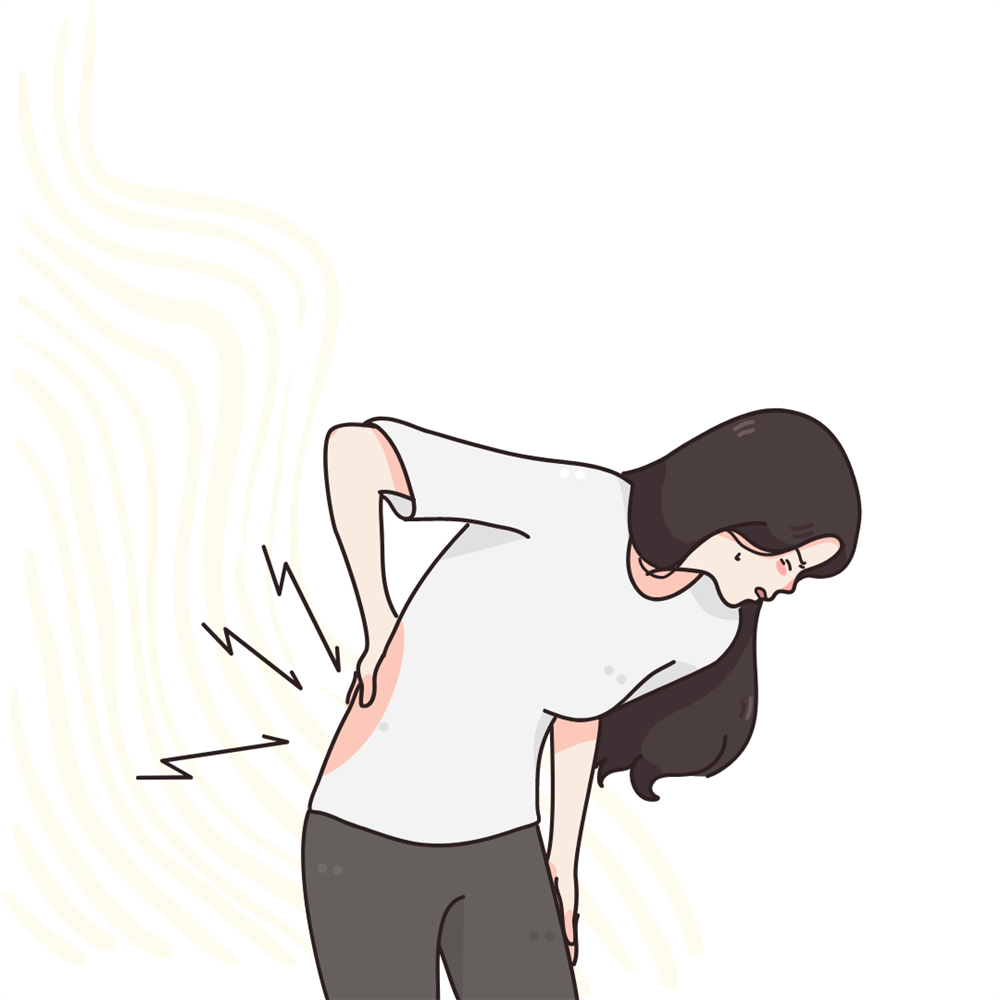
Exploring Delta 10 for Pain Management: Everything You Need to Know
Delta 10, a lesser-known cannabinoid, is gaining popularity for its potential pain-relieving properties. In this article, we will explore Delta 10's origins, how it differs from other cannabinoids, and its effectiveness in pain management.
Delta 10's Origins and Characteristics
Discovered relatively recently, Delta 10 is a minor cannabinoid derived from hemp plants. It was found accidentally as a result of a chemical reaction during hemp extraction. Delta 10 differs from its more popular cousins, Delta 9 and Delta 8 THC, primarily in its molecular structure and effects.
The Process of Creating Delta 10 THC
Delta 10 THC is produced through a unique and intricate process involving hemp-derived CBD. The procedure begins with the conversion of CBD into Delta 9 THC using a catalyst, typically an acid. After this transformation, another catalyst, typically a clay-based compound or a specific type of carbon, is introduced to facilitate the isomerization of Delta 9 THC into Delta 10 THC. This process essentially rearranges the molecules to create a new cannabinoid with distinct properties.
Due to its complex nature, the production of Delta 10 THC requires highly skilled chemists and specialized equipment to ensure both purity and safety. As a result, high-quality Delta 10 products are typically more challenging to find compared to their more prevalent counterparts, such as Delta 9 and Delta 8 THC.
While Delta 9 THC is known for its psychoactive properties and Delta 8 THC for its milder effects, Delta 10 is celebrated for its potential analgesic and anti-inflammatory benefits. Research is still ongoing, but early findings suggest that Delta 10 may play a role in pain management.
Comparing the Potency of Delta 10, Delta 9, Delta 8, and CBD
Delta 10, Delta 9, Delta 8, and CBD all have distinct potencies and effects due to their unique molecular structures.
- Delta 9 THC is the most potent and psychoactive of the group, responsible for the classic "high" associated with marijuana consumption.
- Delta 8 THC, on the other hand, is a milder cannabinoid with a more subdued psychoactive effect. Users often report a clearer-headed and less intense experience compared to Delta 9 THC, while still experiencing some of its potential benefits.
- Delta 10 THC's potency lies primarily in its potential analgesic and anti-inflammatory properties, rather than its psychoactive effects. Its potency for pain relief is still being researched, but early reports suggest it may offer a natural and effective solution for managing pain. Importantly, Delta 10 THC is not as psychoactive as Delta 9 or Delta 8 THC, which makes it an attractive option for those seeking pain relief without the "high."
- CBD, the most well-known non-psychoactive cannabinoid, offers various potential therapeutic benefits, including pain relief, without any intoxicating effects. CBD interacts with the endocannabinoid system differently than Delta 10, Delta 8, and Delta 9 THC, mainly binding to CB2 receptors.
Although CBD has been extensively researched and found effective for various health issues, individuals may experience varying levels of relief depending on factors such as individual biochemistry and the severity of the condition being treated.

Delta 10 and Pain Management
Delta 10 is believed to work for pain relief by interacting with the body's endocannabinoid system. This system plays a crucial role in regulating various functions, including pain perception. Delta 10 binds to CB1 receptors in the central nervous system, potentially alleviating pain and inflammation.
When compared to traditional pain relief methods like NSAIDs and opioids, Delta 10 could offer a more natural and safer alternative. However, more research is needed to fully understand the scope of Delta 10's effectiveness in pain management.
Delta 10 Products and Consumption Methods
As Delta 10 gains traction, various products are becoming available, including tinctures, edibles, vapes, and topicals. Each method of consumption offers different onset times and durations of effects, so it's important to choose the one that best fits your needs.
For instance, vaping Delta 10 may provide quicker relief but shorter-lasting effects compared to taking a tincture or edible. Topicals may be the best choice for localized pain relief, as they are applied directly to the affected area.
- Vaping Delta 10: Quickest onset but shortest-lasting effects
- Taking a tincture or edible: Slower onset but longer-lasting effects
- Topical Application: Localized pain relief applied directly to the affected area.
Side Effects and Safety
Delta 10 is generally considered safe, but some potential side effects may include dizziness, dry mouth, and drowsiness. It is always recommended to start with a low dose and gradually increase until the desired effects are achieved.
As with any supplement or medication, it's essential to consult with a healthcare professional before using Delta 10 for pain management, especially if you are pregnant, nursing, or taking other medications.
Legal Status and Regulations
While Delta 10 is federally legal under the 2018 Farm Bill, which legalized hemp-derived cannabinoids with less than 0.3% Delta 9 THC, its legal status varies from state to state. Some states have stricter regulations or have banned Delta 10 altogether. It is essential to research your state's laws before purchasing or using Delta 10 products.
When buying Delta 10 products, ensure they come from reputable vendors like us here at EH Delta, who provide third-party lab test results to verify their quality and safety.
Delta 10's Role in the Future of Pain Management
As research progresses and more people share their positive experiences, Delta 10 is poised to play an increasingly significant role in pain management. With its potential anti-inflammatory and analgesic properties, Delta 10 offers a promising alternative for those seeking natural and effective pain relief.

FAQs about Delta 10 THC and Pain
Q: What is Delta 10?
A: Delta 10 is a minor cannabinoid found in hemp plants, known for its potential analgesic and anti-inflammatory properties.
Q: How does Delta 10 help with pain relief?
A: Delta 10 is believed to alleviate pain and inflammation by interacting with CB1 receptors in the body's endocannabinoid system.
Q: Is Delta 10 legal?
A: Delta 10 is federally legal under the 2018 Farm Bill, but its legal status varies by state. It's important to research your state's laws before purchasing or using Delta 10 products.
Q: What are the side effects of Delta 10?
A: Some potential side effects of Delta 10 include dizziness, dry mouth, and drowsiness. Always start with a low dose and consult with a healthcare professional before using Delta 10 for pain management.
Q: What types of Delta 10 products are available?
A: Delta 10 products include tinctures, edibles, vapes, and topicals, each with different onset times and durations of effects.
Q: How do I choose the right consumption method for Delta 10?
A: Consider factors such as onset time, duration of effects, and the type of pain relief you need when choosing a consumption method for Delta 10.
If you want to learn more about Delta10 contact the EH Delta team at support@edensherbals.com today!
*These statements have not been evaluated or approved by the Food and Drug Administration and are not intended to diagnose, treat or cure any illness. Medical advice should be taken from a medical professional.
All of the articles on this site are written by 3rd party content providers, expert bloggers or doctors not directly affiliated with Eden’s Herbals.
Individuals should learn the risks and side effects prior to taking CBD. Make sure to always check with a medical professional before starting any new CBD treatment or medication that is not FDA approved.
